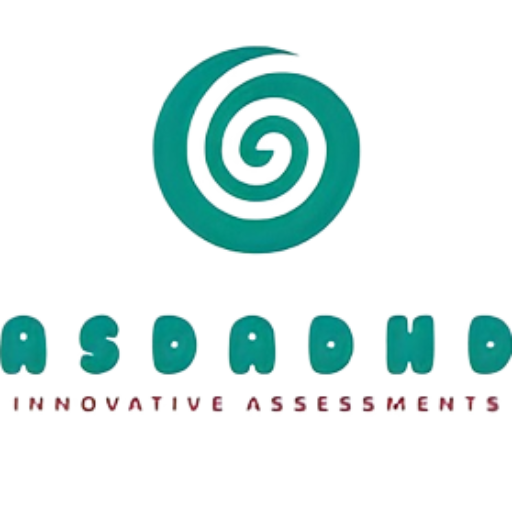29 Mar, 2024 | anishdr | No Comments
Embracing Neurodiversity: A Guide to Affirming Language for Autistic Individuals
In the journey of supporting Autistic individuals, especially children, the power of language cannot be overstated. The way we talk about and to Autistic individuals can significantly impact their self-perception, confidence, and overall well-being. Recognizing this, Emma Marsh and Melanie Heyworth have crafted a valuable resource aimed at promoting neurodiversity-affirming language within the support networks of Autistic children. This article delves into the essence of their work, highlighting the importance of respectful, Autistic-informed terminology.
The Power of Words in Shaping Perceptions
The Impact of Language on Self-Identity
Language shapes our reality. For Autistic individuals, the words used by educators, therapists, social workers, and even family and friends play a crucial role in forming their self-identity. Negative or pathologizing language can reinforce a sense of inadequacy or difference, while positive, affirming language can bolster self-esteem and a sense of belonging.
Moving Beyond Stereotypes
Stereotypical language often fails to recognize the full humanity and individuality of Autistic people. By adopting neurodiversity-affirming language, we acknowledge the unique strengths and challenges of each individual, moving beyond one-dimensional views.
Implementing Neurodiversity-Affirming Language
Educating the Support Network
The initiative by Marsh and Heyworth provides a downloadable PDF filled with guidelines for adopting respectful and uplifting language. This resource is designed to be shared with anyone involved in the support network of an Autistic child, including teachers, therapists, and family members.
Examples of Affirming Language
The guide emphasizes the importance of focusing on the individual first, rather than their diagnosis. For example, saying “Autistic individual” instead of “person with autism” acknowledges their identity without implying that autism is something to be cured or removed.
The Role of the Community
Building an Inclusive Environment
Creating a supportive environment for Autistic individuals requires the collective effort of the entire community. By adopting neurodiversity-affirming language, we contribute to a culture that values diversity and inclusion.
Encouraging Self-Advocacy
Empowering Autistic individuals to advocate for themselves is another crucial aspect of fostering an inclusive community. Affirming language can provide the confidence needed for self-advocacy, promoting a sense of agency and independence.
Conclusion
The work of Emma Marsh and Melanie Heyworth serves as a vital reminder of the transformative power of language. By embracing neurodiversity-affirming terminology, we can support the growth and well-being of Autistic individuals, helping them to see themselves as valued members of society. This guide is not just a resource but a call to action for everyone within the support network of Autistic individuals to reflect on their language and its impact. Together, we can create a more inclusive world that celebrates neurodiversity in all its forms.

Write Reviews
Leave a Comment
No Comments & Reviews